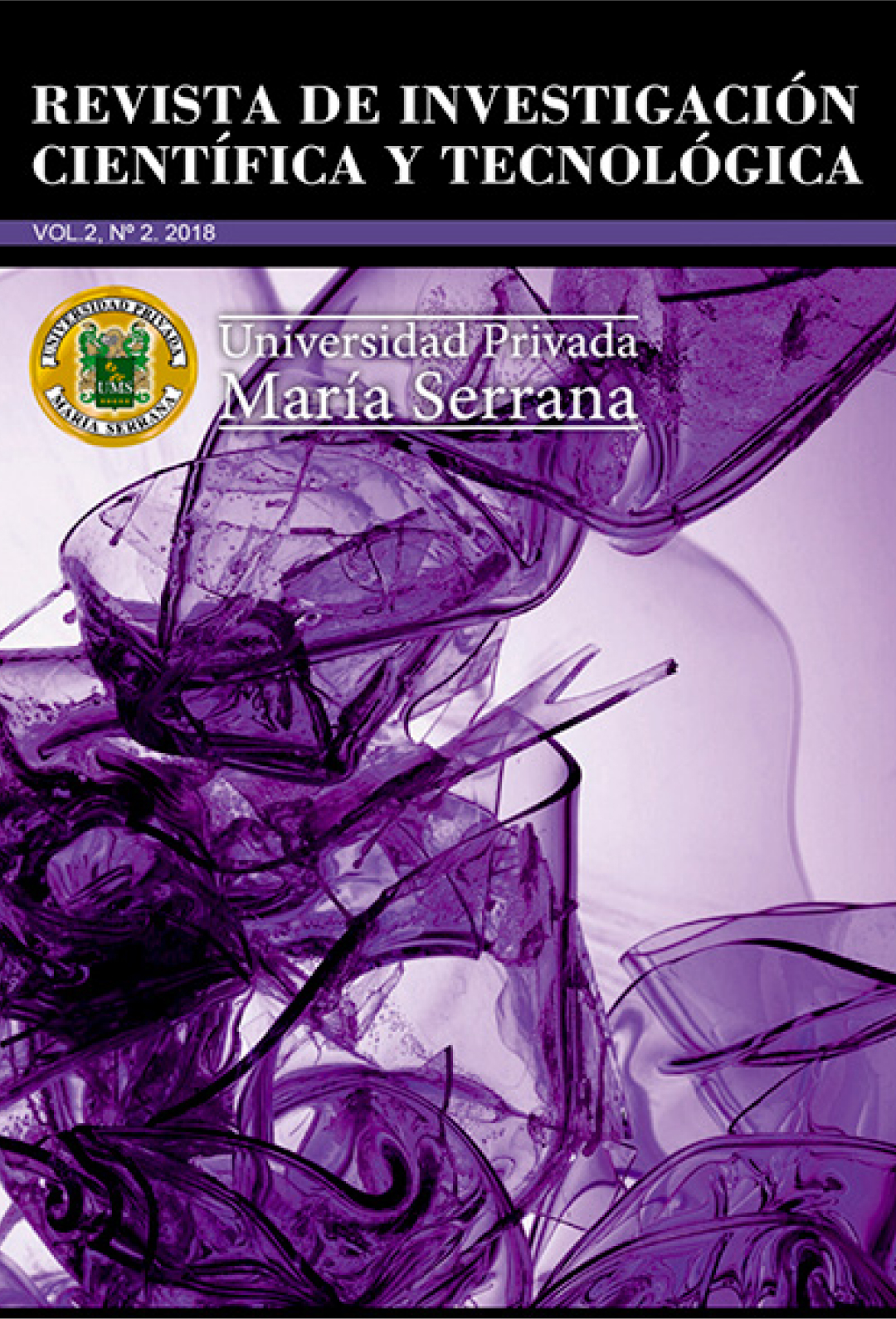Resumen
El propósito del trabajo de investigación fue evaluar las patologías de las personas privadas de libertad por abuso sexual en niños de la Penitenciaria Regional de Coronel Oviedo en el año 2018. El análisis se pudo obtener con una muestra de 18 personas privadas de libertad condenadas por abuso sexual infantil. La metodología de esta investigación fue cualitativa y cuantitativa, por medio de la cual se obtuvieron los siguientes datos específicos, características psicológicas comunes, patologías, rasgos patológicos, tipos de familia, reincidencia y nivel sociocultural. La investigación fue descriptiva de corte transversal. La población, un conjunto de individuos que forman parte de las personas privadas de libertad condenadas por abuso sexual en niños de la Penitenciaría Regional de Coronel Oviedo. Como resultado de esta investigación se corroboró que los participantes del estudio presentan características similares: negación, baja autoestima, familias disfuncionales, bajo nivel sociocultural, delirio místico; con el 33% de reincidencia caso alarmante para la causa, no hay un tratamiento penitenciario para esta patología y por ende hay un alto índice de reincidencia y poca reinserción social.
Referencias
Béla Székely, J.C. (2010) Diccionario de Psicología. Buenos Aires: Claridad.
Marchiori, H. (2014) El estudio del delincuente. Tratamiento penitencia-rio. México: Porrúa.
Millon, Th. y Davis, R. (1998). Trastornos de la Personalidad. Más allá del DSM-IV. Barcelona: Masson.
Ortiz-Tallo, M., Sánchez, L. y Cardenal, V. (2002) Perfilpsicológico de delincuentes sexuales. Un estudio clínico con el MCMI-II de Th. Millon. Revista de Psiquiatría. 29 (3), 144-153. Recuperado de: https://www.uma.es/Psicologia/docs/eudemon/divulgacion/per-fi_psicologico_delincuentes_sexuales.pdf
Pereda Beltrán, Noemí CON-SECUENCIAS PSICOLÓGICAS INI-CIALES DEL ABUSO SEXUAL IN-FANTIL, Papeles de Psicólogo, vol. 30, núm. 2, mayo-agosto, 2009, pp.135-144. Disponible en: https://www.redalyc.org/pdf/778/77811726004.pdf
Pulido, A., Arcos, A., Pascual, R., y Garrido, V. (1988). Agresor, víctima e incidente de la violación: Un análisis des-criptivo. Cuadernos de Política Criminal. 35, 291-316.
Sierra, C., Jiménez, E., y Buela-Casan G. (2006) Psicología Forense. Manual de técnicas y aplicaciones. España: Biblioteca Nueva.
Villanueva, I. (2013). El abuso sexual infantil: Perfildel abusador, la familia, el niño víctima y consecuencias psíquicas del abuso. En Psicogente, 16 (30), 451-470. Disponible en: https://dialnet.unirio-ja.es/servlet/articulo?codigo=6113899

Esta obra está bajo una licencia internacional Creative Commons Atribución 4.0.





